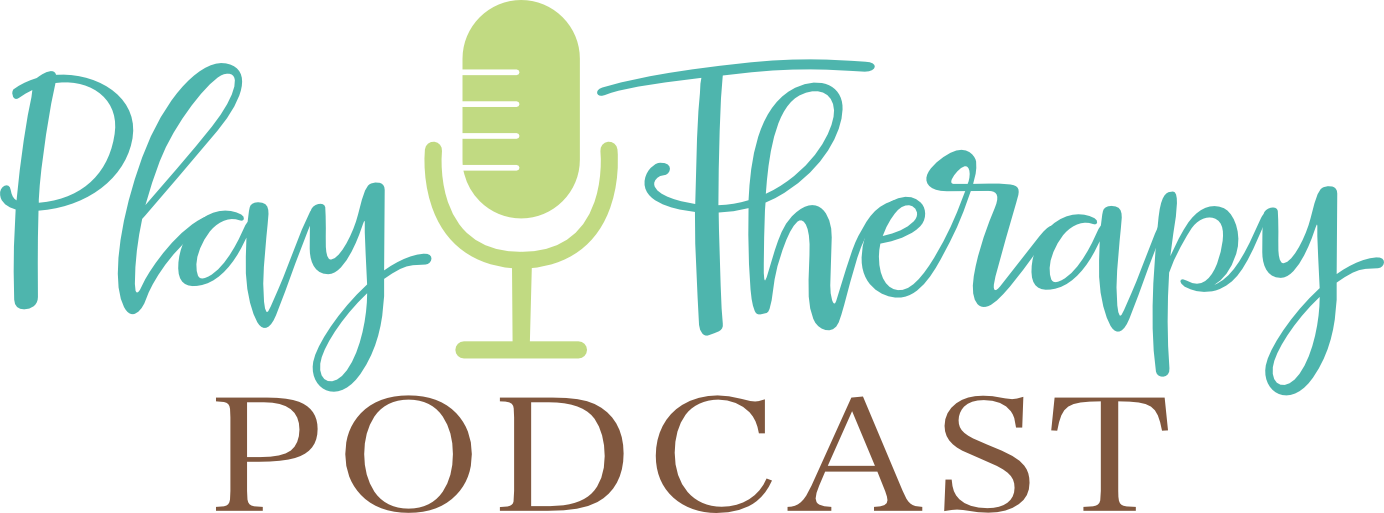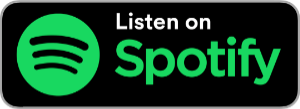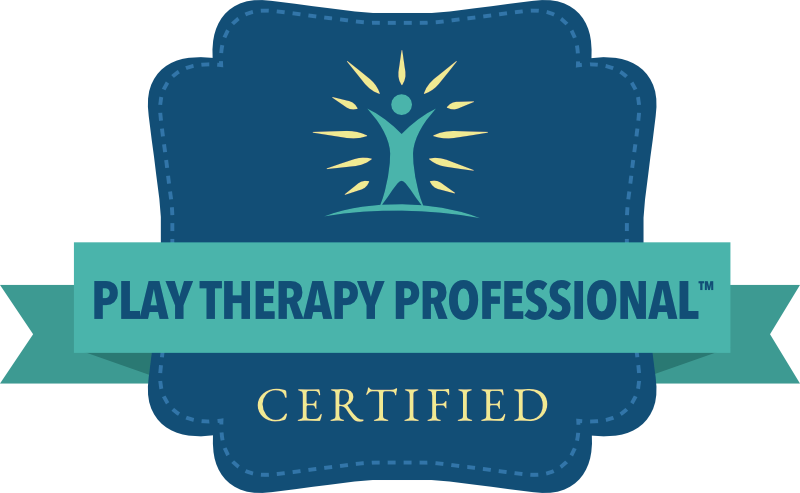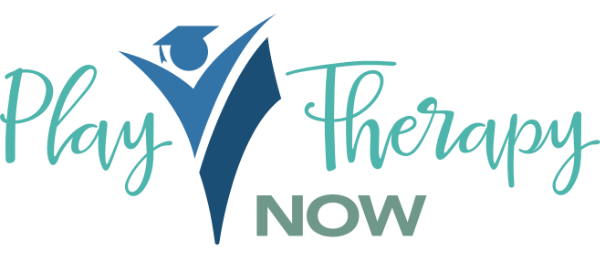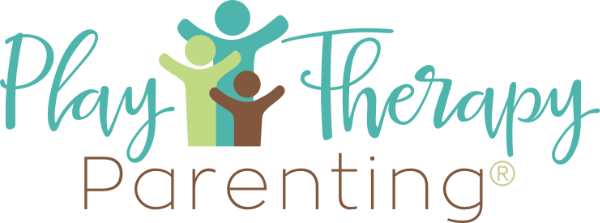Q&A: What To Do When A Child Is “Stuck”
This week’s question comes from Yanna in Massachusetts. She poses the question: “I have been working with a 6 year old girl for over 6 months now, my interventions have consisted of child-centered play therapy with emphasis on promoting interoceptive skills. I feel like nothing is working L. She was initially referred to me due to behavioral outburst and aggression towards other children at school. She has really good weeks at school, and also really bad ones. There has been a decrease in aggression towards other students, however it continues. The other student’s parents are becoming very upset and threating to file a 51-A DCF against my client’s parents. My client is very bright and when she has really good days she is very kind and loving. During our sessions, she does well when I provide unconditional positive regard and the use calm/loving tone towards her. In terms, of behavioral outburst, I have not seen many of those in our sessions, but with my support she is able to come back to feeling more regulated (we practice breathing, hugging a soft stuffed animal). Sometimes these strategies work and other times it does not work.. I am running out of options as to what else to use a coping skill and support her emotional dysregulation. I am also concern her school is not implementing some of the strategies I have offered. Any thoughts?”
I have three thoughts concerning Yanna’s situation.
1. The type of therapy that child-centered play therapy is, and length of time required
2. Conflicting theoretical models
3. How the environment and interaction affects the situation
Podcast HQ: https://www.playtherapypodcast.com
Play Therapy Training HQ: https://www.playtherapynow.com
Email me: [email protected]
Follow me on Twitter: @thekidcounselor https://twitter.com/thekidcounselor
